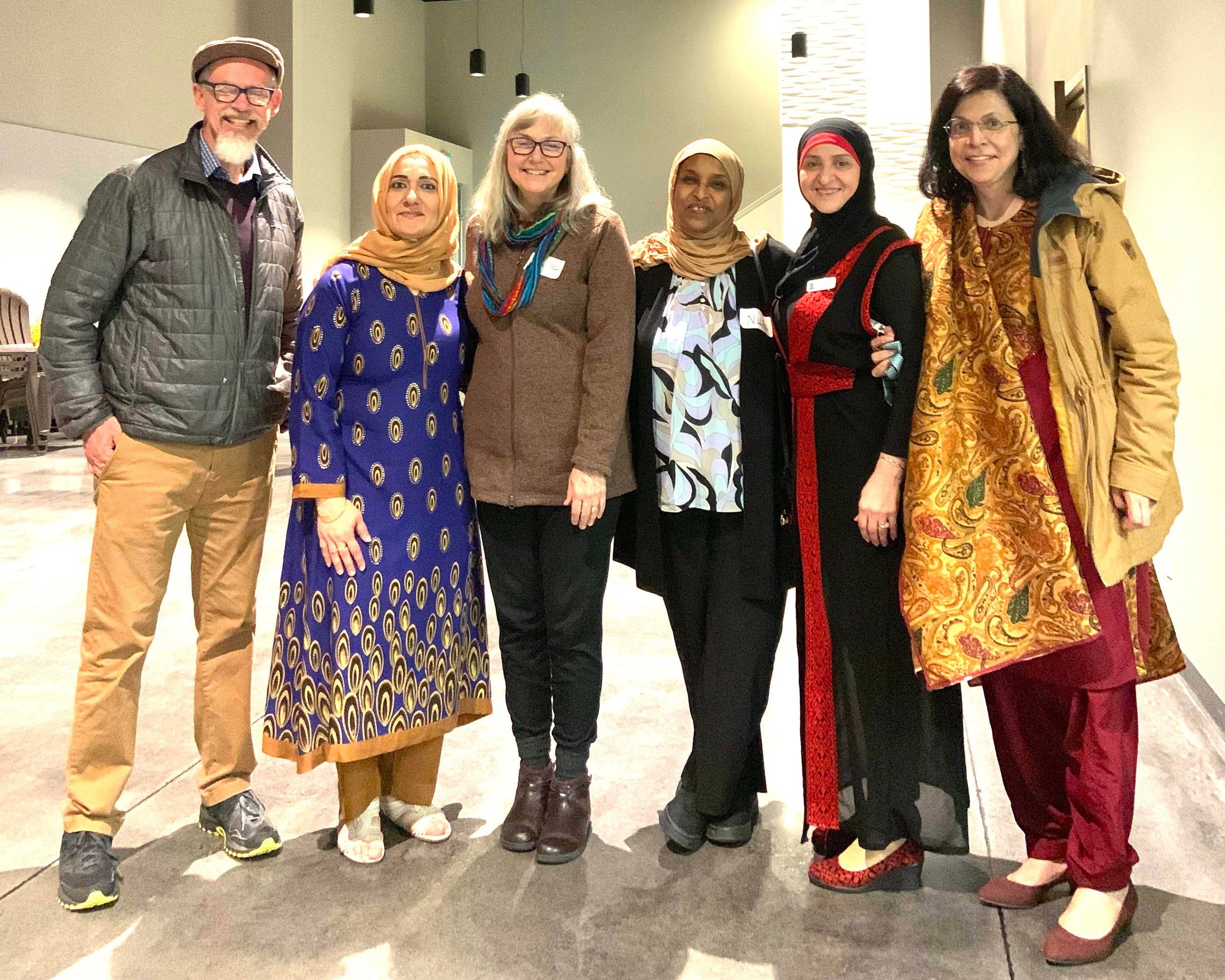Common God, Common Purpose - Part 2
by Dr. David L. Johnston
I argue the case for a common purpose between Muslims and Christians explicitly in my book, “Earth, Empire and Sacred Text: Muslims and Christians as Trustees of Creation” – an expanded creation argument on the basis of both Bible and Qur’an. But it is also the point of Miroslav Volf’s new book, “Allah: A Christian Response.”
Volf’s book, both easy to read and convincingly argued, is a refreshing spring that sprung up from two very different wells. The first was his Pentecostal preacher father in Croatia, who knew many Muslims, counting several of them as good friends. He taught his son that they worshiped the same God and that it was important to focus on this common theological ground. Then many years later, after 9/11, the wars in Afghanistan and Iraq, the continuous spewing of prejudice against Muslims in the West, and finally the Pope’s ill-fated 2006 lecture in Germany, over a hundred prominent scholars and clerics from all tendencies penned a letter to the Pope and Christian leaders worldwide. Their message (now famously known as “The Common Word”): what unites Muslims and Christians is not some peripheral religious themes, but rather core convictions at the heart of their faith; namely, love for God and love for neighbor.
Some of you will know that the first high-profile Christian response – a full page in the New York Times – was called the “Yale Response,” mostly penned by Miroslav Volf himself. This was the second stream of inspiration for his book. His purpose is simple: to demonstrate the plausibility of Christians, Muslims and Jews worshiping the same God, the God of Abraham, Moses and the prophets.
If indeed this is the case, he writes, “they will have a set of overlapping ultimate values, which will provide them with a common moral framework in which to debate their differences” (p. 260). Among other possible benefits (like cooperative work for peace and justice), such a stance is the best antidote to religious extremism. For a common God should, in the case of Muslims and Christians, highlight belief in a loving (“beneficent toward all and merciful toward transgressors”) and just God, helping to build bridges between the two (or three) communities, and extremism loses religious legitimacy.”
To that “ultimate value” add this one: “love for neighbors.” Volf explains, “If God commands believers to hate all infidels and love only coreligionists, extremism has a religious sanction. On the other hand, if God commands believers to love all neighbors – utterly irrespective of their creeds – then we have strong religious reasons to oppose extremism and work for caring and just relations among peoples of all religions” (p. 260).
Christians in the Arab Middle East (including Persian Iran!) have for centuries lived out their faith with great conviction; sometimes oppressed by their Muslim overlords, sometimes thriving in their midst while staying on their guard; but always believing that, in spite of their differences, the two faiths were focused on the one Creator God who will judge humankind on the Last Day. And now the emerging consensus is that the top two criteria for judgment are love for God and love for neighbor.
This leads us back to Metropolitan Ibrahim, gingerly speaking out in a Syria fraying on the edges and threatening to slip into civil war. The conclusion of his address is the following Beatitude: “Blessed are the peacemakers for they shall be called the children of God.” Add the sentence before, and you have the one point of this blog: a common God does make for a common purpose in the world, “to re-design our common understanding of living together, and respecting the diversity in peace.”
PCI recognizes that blogs posted on the PCI website do not necessarily reflect the views of PCI, nor does it mean that the author is in full agreement with the views of PCI.










